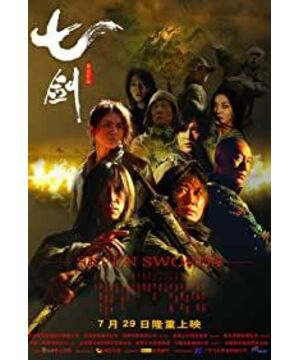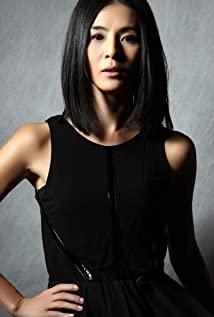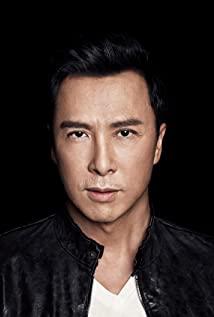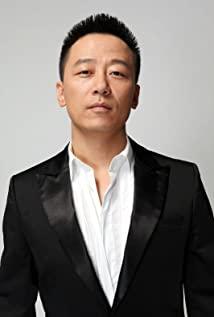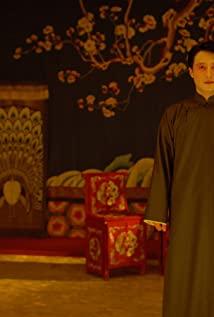There are many martial arts works, and almost every major director has made such works. Director Zhang Yimou also said, "It is the dream of almost all male directors to make a martial arts movie." The director said these words to China what people said.
Besides, Tsui Hark has not only done filming, but is also good at it, and even focused on it. "Seven Swords" is adapted from Liang Yusheng's novel, and also borrowed from Kurosawa Akira's "Seven Samurai", and there are many stars in the town, why did it fail? In terms of adaptation, there is nothing to say. In many of Tsui Hark's adaptations, it can be said that apart from the names of people, he does not even retain the names of places and times. It is not meaningful to discuss adaptations. As for Akira Kurosawa, there are too many great directors imitating and admiring him, and countless great directors at home and abroad worship him, and "Seven Samurai" is also learned again and again. It is not terrible to learn, but it is terrible to learn only a skin and a form.
Baidu's introduction is over, let's talk about the failure. First, the idea, "the great man is for the country and the people" is from Jin Yong. But his works are not just about heroes fighting violence and Anliang, but more about how to grow into a hero, so the story usually starts with the yellow-haired boy. As for Qijian, the bad guys appeared from the beginning, and they were going to bloodbath the world and the village. Qijian went down the mountain to settle things. It is the responsibility and mission of the heroes to save people. This is different from the "Seven Samurai". They are more dignified. These people are wandering warriors. At that time, there was only a false name left. It doesn't exist, they need the face and dignity, but they also lack these. In addition to saving people, they want to save their own face and dignity. That's right. The idea of Seven Swords is that the heroes should perform their duties, and everyone has not reflected on why I am going to save people. This logic almost makes sense. There are just a few kinds of martial arts movies. "Hero" is about peace; "Crouching Tiger, Hidden Dragon" is about people getting to know themselves; "House of Flying Daggers" is about love triangle; "The Banquet" doesn't say anything; " is about good versus bad; "Embroidered Spring Knife" is about the survival pressure of the middle class, which is similar to today's society. Therefore, the lower failure of "Seven Swords" is that it speaks a very old-fashioned concept very forcefully, and then immerses it with pride.
The second point is the characters. The design of the heroes is not new. The martial arts movie can write seven or eight masters with full personality, no problem, but it is quite a failure if one is not explained clearly. Chu Zhaonan, eldest brother, was in retreat and practiced when he came out. If it’s a fellow countryman seeing a fellow countryman, it won’t be so affectionate. It feels like I haven’t seen a woman for a long time, and my concentration is very poor. Although I need to write it according to people, not heroes, it is not so hungry. The thirst is unbearable; in addition, Yang Yuncong, the more depressed second child, has hatred in his heart, but when he finally sees the enemy, he always says that he can't let go, but there is no manifestation in his behavior, nor does he tell the process of letting go. It's superficial; as for Mr. Fu's return, the fifth's love triangle is inexplicable; he wants too much, but he doesn't get it right.
The third is narration. Narrative is about structure and rhythm, which is generally done. In addition, an undercover agent who does not care about it is also designed. I am not boasting, I guess I can guess who it is.
View more about Seven Swords reviews


